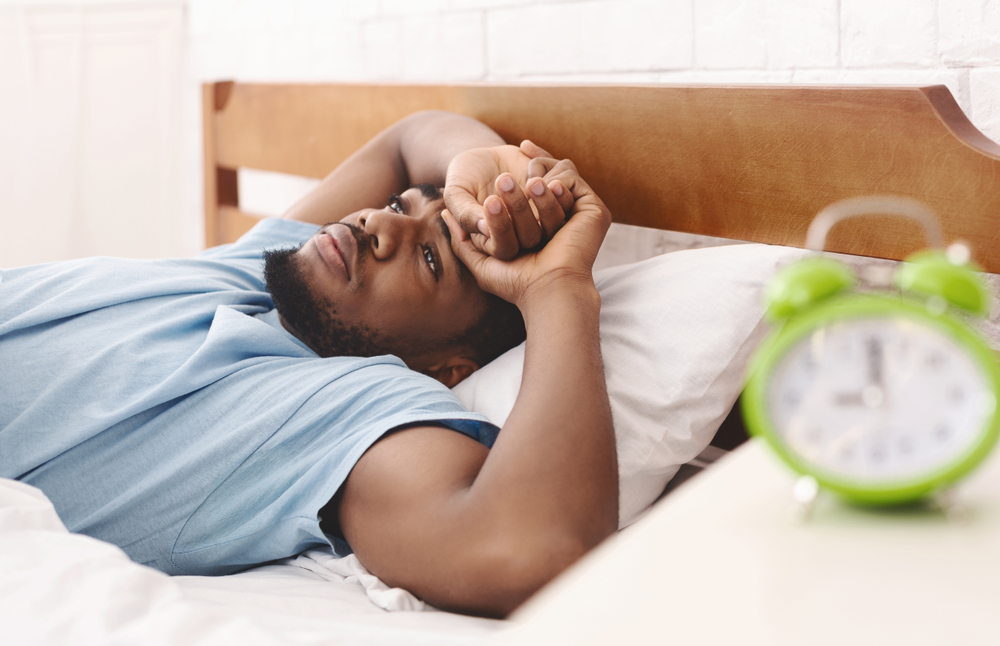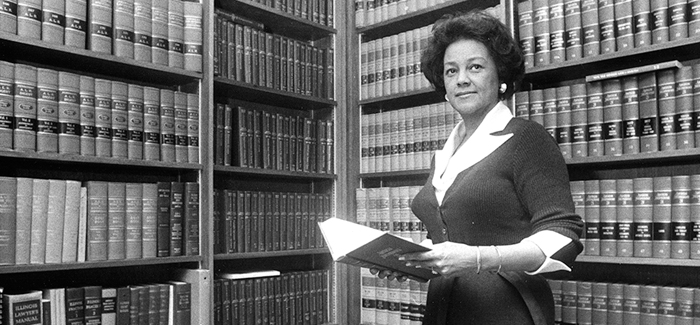Black Americans report worse sleeping patterns and more difficulty when falling asleep following news reporting more police violence, according to a new study.
Published on Monday in JAMA Internal Medicine, the study analyzed the findings of two different surveys, correlating their reports to the data on police violence across the nation.
In their conclusion, the researchers found that, overall, Black American adults mostly sleep less than six hours each night.
Approximately 46% reported suffering from short sleep and sleeping less than seven hours, while 33% of white study participants reported the same. The gap persisted amongst reports of very short sleep as approximately 18% of Black American adults said they slept less than six hours.
Specifically, when there was a high-profile murder at the hands of the police, there was an 11.4% jump in respondents reporting that they suffered from very short sleep. There was a 6.5% increase when the murder happened in the same state.
According to the researchers, the knowledge that there are victims of police violence, particularly in the Black American community, leads to increased levels of hypervigilance and stress levels.
Increased mental stress contributes to less sleep.
“These findings show that poor sleep health is another unfortunate byproduct of exposure to these tragic occurrences,” said the lead author, Dr. Atheendar Venkataramani, per the press release. “Exposure of Black Americans to police violence—which disproportionately affects Black individuals—adversely impacts sleep health of these individuals, a critical keystone that further impacts our mental, physical and emotional well-being.”
With the lack of sleep, it might impact other rates of health issues such as Alzheimer’s.
Studies, such as the report released by Berkeley last May, have found that deep sleep can help strengthen the brain against the production of a protein known as beta-amyloid.
The protein is said to be a factor in memory loss as a result of dementia.
Even with the slightest decrease, lack of sleep can help increase the chances of developing Alzheimer’s.
In a study, researchers found that, as deep sleep decreased, there were 52 identified cases of dementia among the participants. Overall, as each percentage decrease in deep sleep was marked, there was a 27% increase in the risk of Alzheimer’s or dementia in general.
With the lack of sleep, already high rates of dementia amongst Black Americans are perpetuated. Per the Alzheimer’s Association, approximately 20% of Black Americans aged 70 and older are living with a form of dementia.
Overall, they’re twice as likely to develop the disease.








